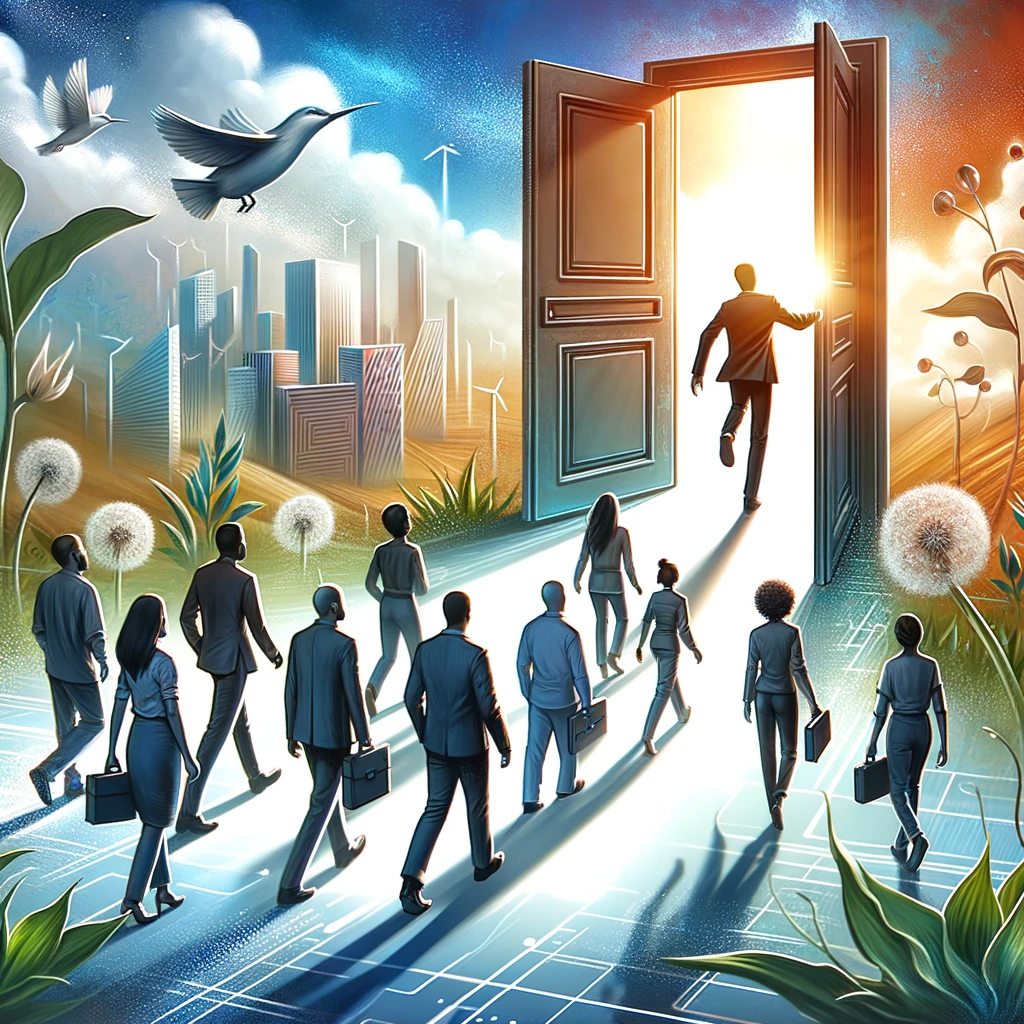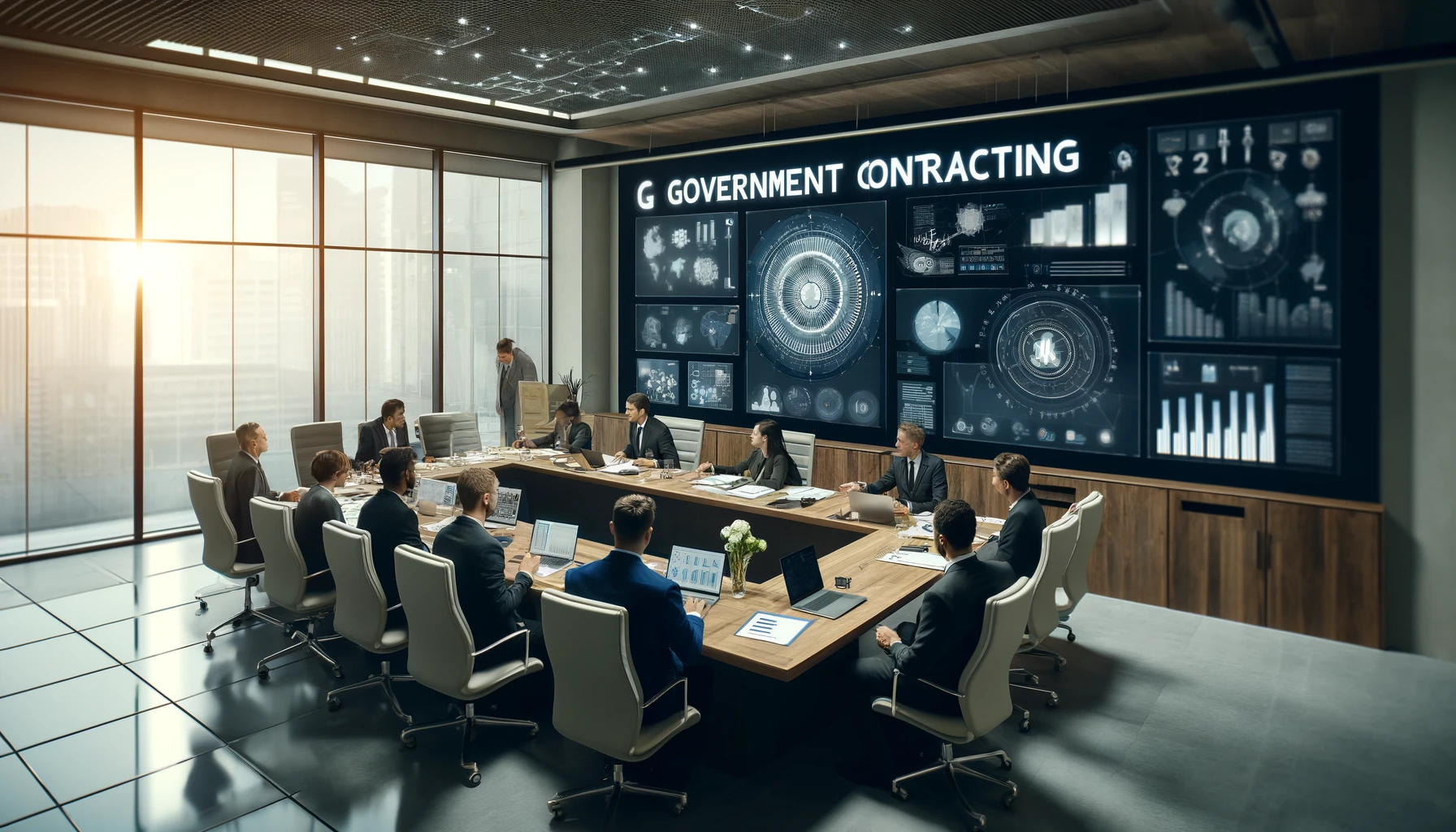Content matters to a website. The content on your websites should have engaging information that conveys brand message and creates trust and credibility among your audience. It plays a pivotal role in attracting online visitors while boosting your website’s search engine visibility.
And hence, the content generation methodology can greatly impact a site’s effectiveness.
Two prominent approaches for creating content are AI-generated and user-generated content.
The debate of AI-generated content vs. user-generated content is always a hot topic among content creators. Whether seeking efficiency and consistency or authenticity and engagement, understanding the merits and limitations of these content-generation methods is essential in crafting a successful online presence. Let’s go through the blog to learn more about it.
Website Content Strategy: AI-Generated vs. User-Generated Content
AI-Generated Content
AI-generated content is created by using artificial intelligence methodologies such as machine learning, natural language processing, and deep learning. This content is learnt from the human-provided inputs, encompassing keywords, phrases, and subject matter. It can include a wide range of formats, including articles, blogs, podcasts, social media posts, ad copies and more.
Benefits of AI-Generated Content For Your Website:
1. Enhances Time-Efficiency
AI-powered content generation tools craft content quickly, saving the time and energy required to type the same content by a human. Content that used to require hours to be finished is now written in just a few minutes. This helps the content creators to handle multiple projects in less time efficiently.
2. Cost-Effective
Quality content creation no longer demands expenses for content writers, copywriters, even editors. Generative AI tools can help you achieve this goal without breaking the bank.
AI-generated content can craft unique and engaging website content, ensuring your audience remains hooked to your website.
3. Scalability
AI can scale content production effortlessly, enabling businesses to match the increased content demand without hampering content quality. AI-generated content can fulfill the surge in website content requirements without human intervention.
4. Multilingual Writing Ability
AI isn’t restricted to language boundaries, as developers have trained it in multiple languages. AI-generated content can cater to diverse international audiences without the need for multilingual writers. Multilingual content enables companies to access new markets and connect with a worldwide clientele.
5. Data-Driven Insights
AI analyzes user behavior, content performance, and ongoing market trends. Businesses can get important insights to inform data-driven decisions, refine content strategies, and increase audience engagement with AI-generated content. It will help them to increase conversion rates while providing personalized experiences to individual users based on their preferences.
6. Round-The-Clock Availability
The 24×7 availability of AI content generating tools ensures that writers can access automated content creation tools at any time, facilitating content production around the clock.
7. Error Free Content Generation
Since AI is trained in grammar, it can catch spelling, grammar, and punctuation errors, resulting in error-free content generation. Writers can rely on AI for error-free content generation.
8. Content Diversity
AI-generated content can take various forms, such as blog posts, product descriptions, social media captions, and even video scripts, meeting diverse content requirements.
It supports content marketing strategies across multiple platforms. Businesses can use various content formats to determine which resonates most effectively with their target audience, diversifying their content approach for maximum impact.
Adverse Effects of AI-Generated Content For A Website:
Despite AI-generated content offering several advantages, it has certain limitations. Here are a few drawbacks of AI-generated content for your website.
1. Lack of Creativity and Originality
The AI model is based on existing data and patterns, which can result in content that lacks creativity. It struggles to produce innovative content, which can increase the bounce rate of your website.
AI-generated content can be problematic as search engines recognize it as duplicate content, leading to lower rankings and rendering your content ineffective.
2. Inaccuracies and Outdated Information
AI can generate content based on the information it has been trained on, even if it is outdated or inaccurate. It may not fact-check or verify the information it presents, potentially leading to false or misleading content.
Any false or misleading website content can create a sense of distrust among website users, hampering your brand identity.
3. Lack of Human Touch
AI-generated content may feel robotic and devoid of the human touch, causing audiences to bounce back from the website. Audiences prefer engaging content created by humans, as it often carries empathy and a personal touch that an AI can’t replicate.
4. Difficulty in Handling Complex Topics
AI-generators struggle with complex subjects or sensitive topics that require human understanding and empathy. AI can’t produce content that involves critical thinking, emotional intelligence, or cultural context. For example, it can’t write personal experiences, case studies, psychological functionality, and memoirs.
5. Ethical Concerns
AI models can have biases in their training data, leading to biased or discriminatory content, again making it irrelevant. Ensuring AI-generated content adheres to ethical guidelines and principles can be challenging, and the responsibility for monitoring and correcting bias falls on humans.
Popular AI Content Generation Tools
Here are some of the most popular tools that can help you curate content for your website.
- ChatGPT By OpenAI – OpenAI’s ChatGPT is one of the most advanced AI language models available that can generate human-like text in just a few seconds, from articles and blog posts to chatbot responses and codes.
- Copymatic – Copymatic can create unique articles on any topic in just a few minutes based on brief input from the user. It can curate paragraphs in multiple tones.
- Wordsmith – Wordsmith is designed for data analysts, Wordsmith can automatically generate written reports and summaries based on complex data sets.
- Bard By Google – Google recently launched its own AI content generator in competition to the ChatGPT. It uses recent data for training itself for creating content.
User-Generated Content
User-generated content is a broad term that incorporates multiple content forms like text, images, videos, audio, and memes. However, It is important to remember that the content is created by the users and not the professional.
Websites do benefit a lot from the user-generated content .It serves as a powerful asset that fosters community, increases website traffic, and provides cost-effective marketing.
Benefits of User Generated Content For Your Website:
1. Authentic Content
Authenticity is the defining feature of the user-generated content. It is considered more genuine in comparison to the AI-generated content as it originates from real people. This authenticity and human touch keep the reader hooked to the content.
2. Offers Better Search Engine Ranking
User-generated content (UGC) boosts both the quantity and quality of your content, conveying to search engines that your website is not only relevant but also consistently updated and authoritative.
It also contributes to an enriched keyword diversity and helps your site to rank more prominently for niche keywords, aligning your content closely with your target audience.
3. Offers Content Variation
User-generated content offers a wide range of content types, such as reviews, testimonials, images, videos, and discussions, making the content more engaging and appealing to different audiences.
Disadvantages of User Generated Content For Website:
Despite serving as a powerful asset, there are some challenges associated with user-generated content that can hamper your website performance. I have compiled 5 problems that may need your attention.
1. Lack of Quality
User-generated content may not remain relevant to brands sometimes. If a writer is not an expert in a particular niche, they might share inaccurate information, which can mislead audiences and damage trust. And hence, user-generated content can lack the required quality sometimes.
2. Intellectual Property Rights Violations
User-generated content may have intellectual property rights violations – resulting in copyright issues. Hence, managing permissions, licenses, and intellectual property rights can become complicated as UGC increases.
3. Lack of Consistency
Inconsistent user-generated content can confuse users and discourage them from actively engaging in discussions on the website. Users may hesitate to contribute if they feel inconsistent or irrelevant contributions might overshadow their content.
4. Cost Involved in Content Moderation
As user-generated content volume increases, controlling the content quality becomes tough. Managing user-generated content requires dedicating resources to monitoring, curating, and responding to user content– causing a significant cost to run the website.
Which Content Should You Choose for Your Website?
The ultimate choice between AI-generated vs.user-generated content depends on your website’s goals. If you want to create a website that should provide engagement and authenticity, user-generated content can be a better alternative. You should use user-generated content for your website when
- You want to make the website more visible organically.
- You need authentic and original content
- You want to increase user engagement
- You want to showcase your research.
AI-generated content can be a good choice for large informational websites because of its time effectiveness. However, human oversight is essential to ensure plagiarism is avoided. You can use AI content in the following situations.
- You need large volume of generic content
- You want to scale your content
- You have resources to add the human touch
- You need content in multiple languages.
The ideal approach often involves a combination of both. You can use AI-generated content as a blueprint for user-generated content. It gives a basic structure that people can build upon with their own thoughts and ideas–saving time and making the content feel more human.
As a digital marketing service provider, I would personally prefer user-generated content over AI-generated content because of its authenticity, diversity and cost-effectiveness. User-generated content is crucial as it helps websites to have more and better content, and keeps content up-to-date for search engines – making them SEO friendly.









